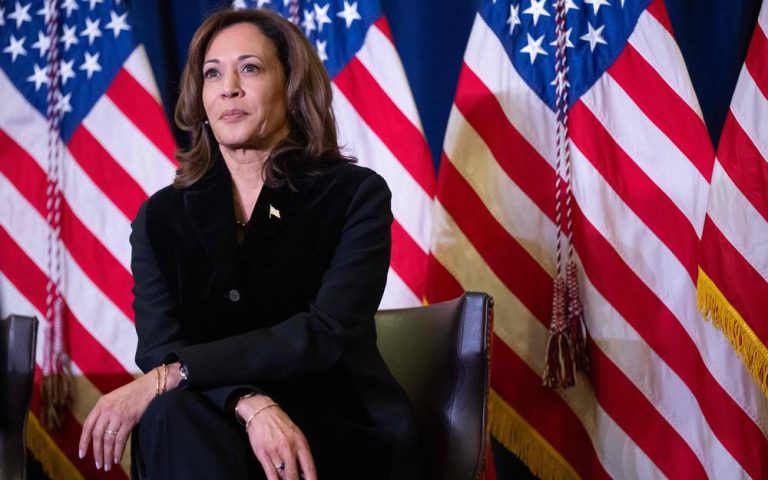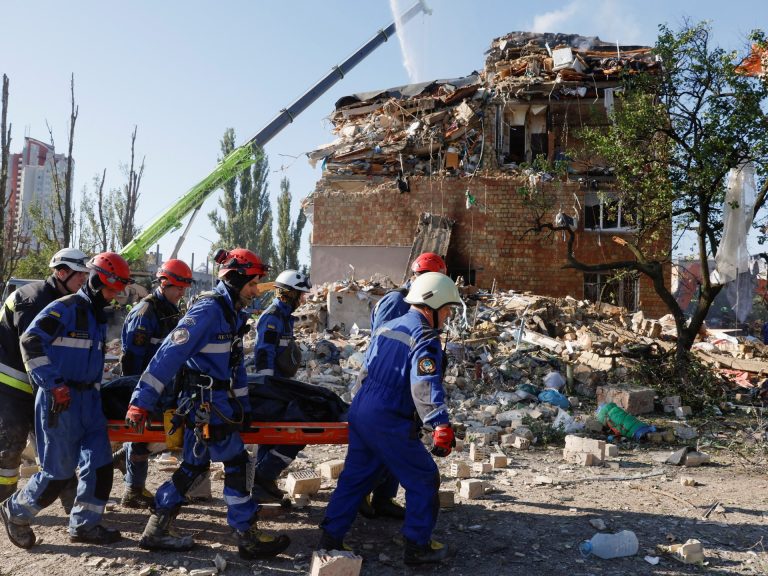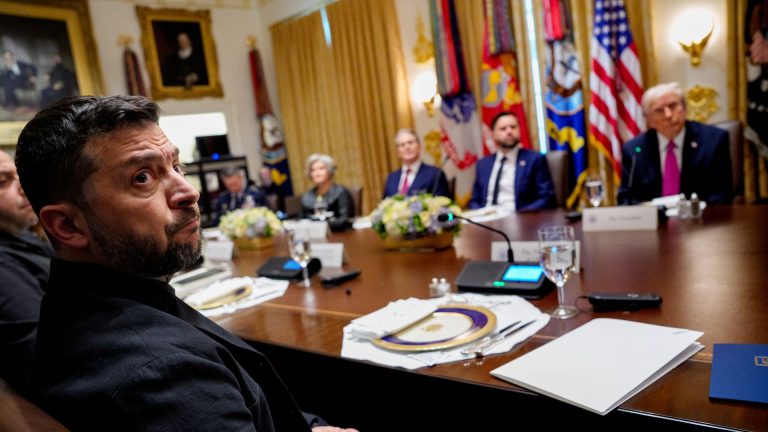
Iran has been hit with snapback sanctions by European powers, escalating tensions in the Middle East and reviving concerns about its controversial nuclear program.
On Sunday, France, Germany, and the United Kingdom announced the reimposition of United Nations sanctions, accusing Tehran of repeatedly breaching the Joint Comprehensive Plan of Action (JCPOA), the 2015 deal designed to limit Iran’s nuclear activities in exchange for sanctions relief.
Why the sanctions were restored
The JCPOA allowed signatories to reinstate sanctions if Iran was found to be in violation. European negotiators reported that Iran had failed to meet its commitments, including cooperation with International Atomic Energy Agency (IAEA) inspections and accountability for over 400 kilograms of enriched uranium.
Efforts to secure a diplomatic solution in recent weeks, including multiple meetings with Iranian officials, failed to provide reassurance to European nations.
Impact of the snapback
The sanctions restore measures originally imposed between 2006 and 2010, including:
Arms embargo
Ban on ballistic missile technology
Restrictions on Iran’s oil and financial sectors
Although Iran already faces heavy US sanctions, the European decision aligns more closely with Washington’s “maximum pressure” strategy.
Iran’s Reaction
Tehran condemned the move, recalling its ambassadors from Paris, Berlin, and London. Iranian leaders insist the country’s nuclear program remains peaceful and argue that Western powers are abusing the JCPOA process.
President Masoud Pezeshkian stated that Iran will remain within the Nuclear Non-Proliferation Treaty (NPT) but will not accept demands for zero uranium enrichment.
Global Implications
China and Russia, key Iranian allies, are not bound by the European decision and are unlikely to follow suit.
The move highlights renewed divisions in global diplomacy, with Western powers and Israel warning against the risk of nuclear weapons development.Analysts note that the economic effect may be limited, but the political and diplomatic fallout could push Tehran further from cooperation with international monitoring.




